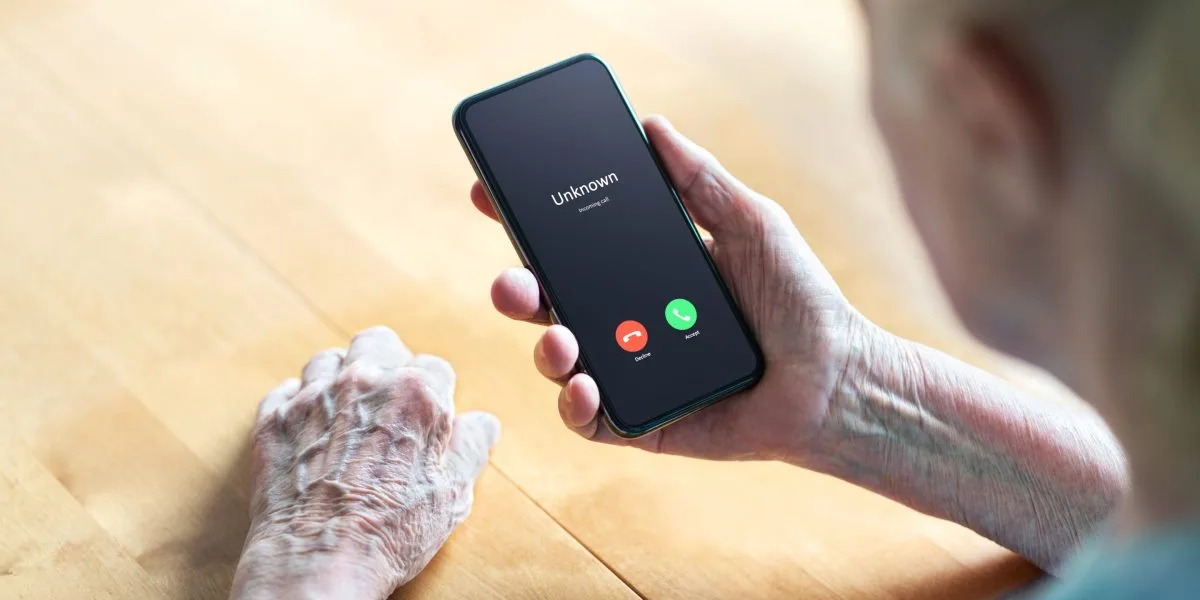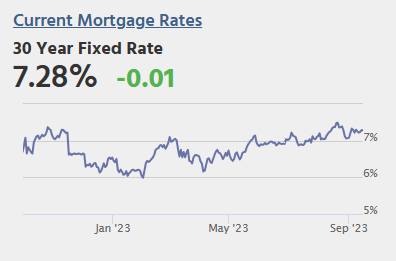Protecting Yourself from Medicare Scams: What You Need to Know
As Americans over 65 are busy choosing Medicare coverage during Open Enrollment season, fraudsters are busy looking for ways to scam them and bilk Medicare out of money. Open Enrollment is a prime time for scammers to target Medicare beneficiaries, who must be vigilant in protecting their information and understanding what each Medicare plan offers. Here are some of the latest Medicare scams, along with steps you can take to protect yourself and what to do if you become a victim of fraud.
The Medicare Imposter Scam
The Medicare imposter scam occurs when someone contacts you claiming to be from the Medicare enrollment center or a Medicare advisor. They may say they are conducting a survey, want to help you get the best Medicare coverage, or promise to send you a new Medicare card. Medicare will never call you unsolicited, so it’s important to be cautious and block any suspicious calls or texts.
The Medicare Flex Card Scam
Some Medicare Advantage plans offer members Flex cards, which are prepaid debit cards to be used for out-of-pocket expenses. However, scammers have turned this into a scam by running ads claiming that people on Traditional Medicare can also get these cards with hundreds of dollars on them. In reality, there are no Flex cards for Traditional Medicare, so be wary of any offers like this.
The Free Medical Equipment Scam
In this scam, fraudsters offer free medical equipment such as back braces, wheelchairs, or glucose monitors to Medicare beneficiaries. Often, the equipment never arrives, or if it does, it is low-quality. Some scammers even work with doctors to carry out this scheme, billing Medicare for unnecessary equipment. Be cautious of anyone offering free medical equipment and report any suspicious activity to Medicare.
The Free Lab Test Scam
In this scam, fraudsters target individuals by offering free lab tests that are supposedly covered by Medicare. They may claim that the tests have already been authorized by your doctor. However, these con artists will bill Medicare on your behalf and collect the money. Be cautious of anyone offering free lab tests without a legitimate reason.
The Medicare Advantage Sales Call Scam
If someone cold-calls you claiming to want to help you find the best Medicare Advantage plan, be aware that this is illegal. Medicare Advantage companies and their agents are not allowed to make unsolicited sales calls. If you receive such a call, report it immediately.
Preventing Medicare Fraud
To lower the chances of becoming a victim of Medicare fraud, there are several steps you can take:
- Read the Centers for Medicare & Medicaid Services’ (CMS) free online booklet on protecting yourself from fraud.
- Contact your local Senior Medicare Patrol office or State Health Insurance Assistance Program for guidance on Medicare fraud prevention.
- Visit the AARP Fraud Watch Network website for tips and tools to stay safe from scams.
- Treat your Medicare card like a credit card and keep it securely.
Recognizing Medicare Fraud
To determine if you have been a victim of Medicare fraud, carefully review your Medicare statements for services or items you did not order or receive. Medicare beneficiaries on Original Medicare should look for Medicare Summary Notices, while those with Medicare Advantage or Part D prescription drug plans should review Explanation of Benefits statements.
What to Do if You’ve Been Scammed
If you suspect that you have been defrauded or that someone has used your name or ID to scam Medicare, take the following steps:
- Call Medicare at 1-800-MEDICARE or the U.S. Health and Human Services’ fraud hotline.
- Report identity theft to the Federal Trade Commission.
- File a complaint online with the U.S. Department of Health and Human Services Office of Inspector General.
- Call AARP’s toll-free fraud hotline for assistance.
Source: How to protect yourself from Medicare scams—and what to do if you become a victim







